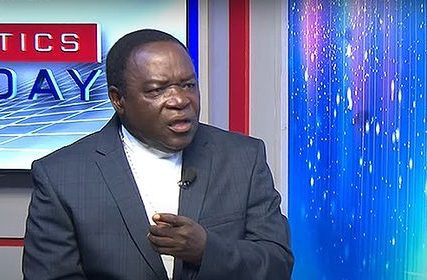Headlines
Elections: Kukah asserts that no candidate should be undecided at this time

The bishop argued that Nigerians should fight hard to overcome scepticism.
Matthew Kukah, the Catholic Bishop of the Sokoto Diocese, says that no Nigerian should be unsure of who to vote for in the upcoming general elections because of all the problems the country is facing.
Bishop Kukah stated on Wednesday’s episode of Politics Today on Channels Television that Nigerians need to fight hard to overcome scepticism.
“Why would anyone be conflicted about hunger?” he said. Why would somebody be conflicted about being insecure? Why would someone be concerned about where their next meal will come from if they don’t seem to know where it will come from?
“Why would someone be uncertain about the lack of employment?” Why would someone have second thoughts about that? Therefore, overcoming scepticism requires a fierce fight.
According to the outspoken bishop, there is no such thing as “the correct candidate” in elections because that might be a reflection of one’s emotions. He advised Nigerians to have lower expectations of political choices.
He contends that the fundamental issue is whether or not the electorate is ready to interact with elected officials when they take office. He claimed that organisations like the media, religious institutions, town unions, and the civil society are required in this situation.
Without engagements, leaders, according to Kukah, will constantly take the populace for granted.He stated that the institutions are undermined by those in power, which worsens the situation in Nigeria.
In response to the recent attacks that have put the 2023 elections in danger, he said that violence around elections in Africa is almost inevitable and that the political system encourages it.
He claimed that since politics automatically improves a person’s quality of life once they hold power, candidates only run for office in order to reap the benefits that come with it.
If it’s all about serving others, in Kukah’s opinion, most politicians wouldn’t be canvassing for votes if they weren’t also working at something else that paid them more.
